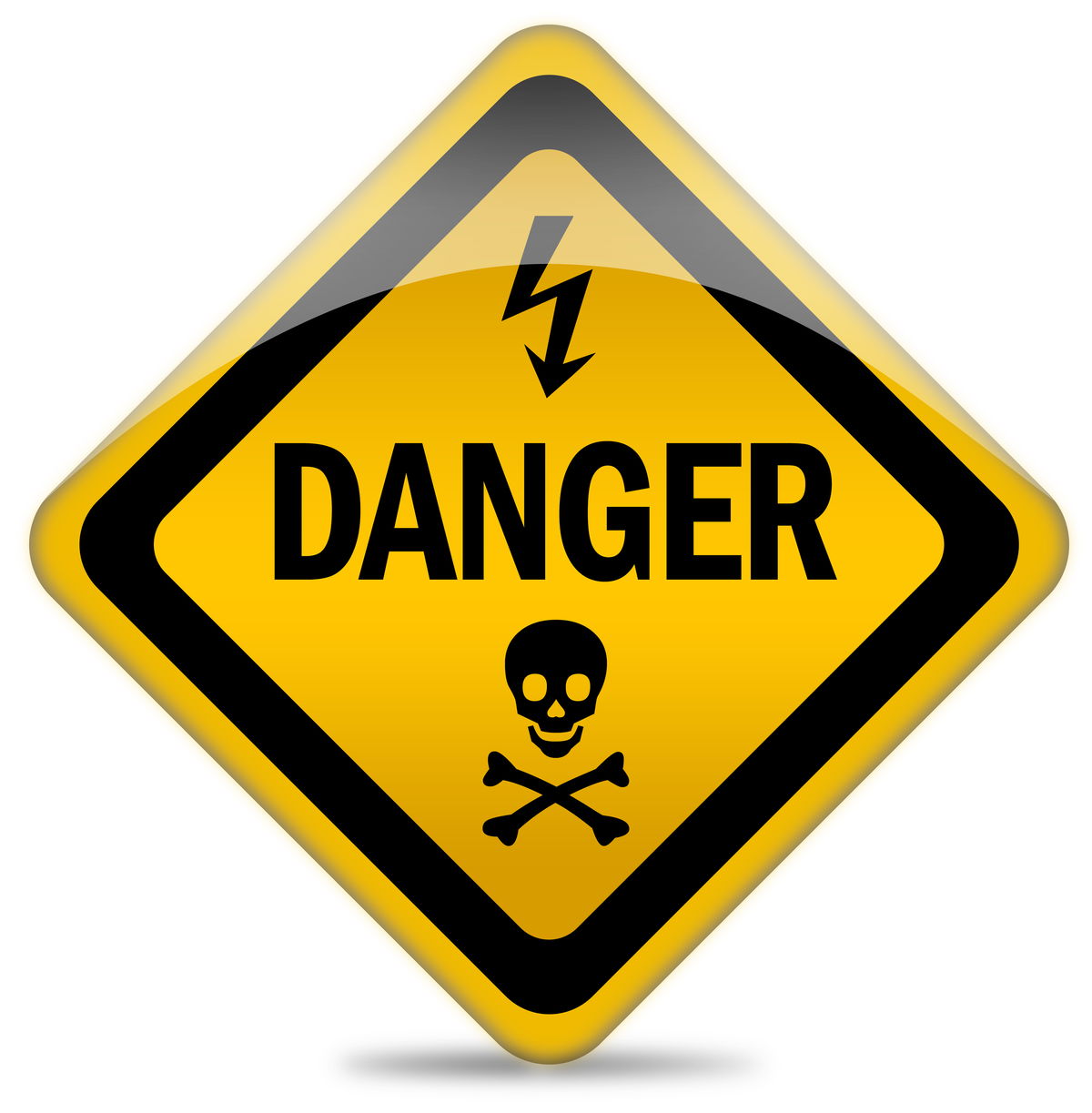A Voltimum user asks: Please advise on the proper isolation procedure, completion testing and certification required when replacing faulty accessories, such as a 13A socket, in an existing installation?

Below is a brief overview for a safe isolation procedure. Detailed information on isolation can be found in the Electrical Safety First Best Practice Guide No 2 (issue 3).
https://www.electricalsafetyfirst.org.uk/media/1201/best-practice-guide-2-issue-3.pdf
Alternatively, information can be found in Pocket Guide No 5 ‘Guide to Isolation Procedures’.
https://www.niceic.com/Niceic.com/media/Pocket-Guides/Pocket-Guide-5.pdf
For safety:
1. The circuit concerned should be identified and securely isolated using an isolating device.
2. Using a suitable voltage detection instrument (complying with the requirements of HSE Guidance Note GS 38) the instrument should be checked against a known voltage source.
3. Check there are no dangerous voltages present by using a voltage detection instrument.
4. Prove the voltage detection instrument against the known source to check that it is functioning correctly when the circuits were tested for the presence of voltage.
Although the replacement of an accessory may be regarded as maintenance work, a record of the relevant safety tests undertaken may be recorded on a Minor Works Certificate, though other forms of recording such results are not precluded.
